When a singles star condescends to doubles: Bublik’s partner’s anger and the invisible rift in the tennis world
The 36-year-old Brazilian doubles player Demolinle posted a video full of disappointment and anger on social media. He teamed up with Asia’s top-ranked singles player from Kazakhstan, Bublik, but they suffered a heavy 3-6, 2-6 defeat in the first round of the US Open men’s doubles. What hurt more than the score was his partner’s disregard for the match: “Today’s outcome is deeply upsetting. Not because of the loss itself, but because I felt a lack of attitude and commitment from the other side. Unfortunately, this is not the approach I agree with, nor does it align with the mindset I have always upheld.”

“Had I known this, I probably wouldn’t have even stepped onto the court,” Demolinle’s words carried a bitterness of feeling undervalued. This player, who has focused mostly on doubles throughout his career, voiced the sentiment shared by many doubles specialists: when singles players treat doubles as a “secondary option,” their professional dignity is being undermined.
Demolinle openly pointed out the dilemma faced by doubles players: “Sometimes, because of ranking reasons, we have to team up with singles players, which is a double-edged sword.” These words reveal a long-standing but rarely discussed issue in the tennis world: the unequal relationship between singles and doubles players.
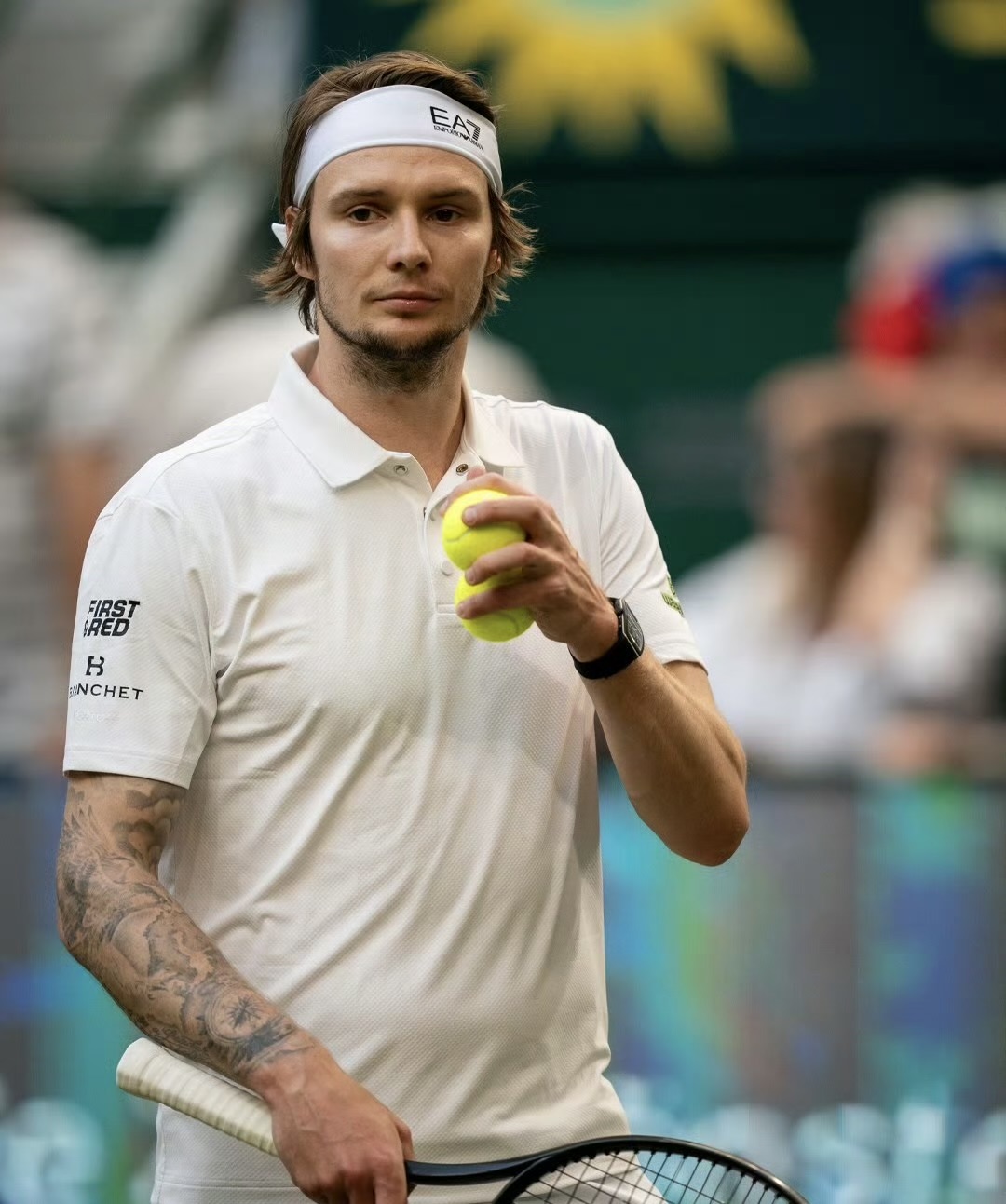
Singles players often gain doubles entry thanks to their higher rankings and fame, while doubles specialists need these high-ranked players as partners to access higher-level tournaments. However, such partnerships are often based on unequal levels of commitment; for singles players, doubles may be just a warm-up, a way to stay in form, or earn some extra money, but for doubles players, it is their entire career.
Bublik’s previous remarks about doubles added fuel to the controversy: “For me, winning in Turin is more important than reaching the doubles final at Roland Garros. (Singles) is harder, that’s just how it is. I played terribly, did some doubles, then made it to a Grand Slam (doubles) final.”
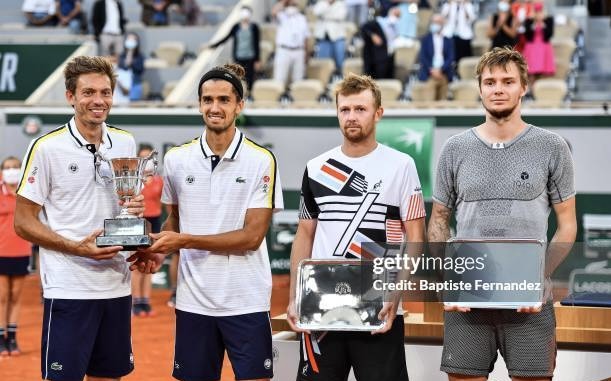
Even more shocking was his disdain for doubles players: “Doubles can be fun sometimes, but it can also be boring. In a way, it’s not real tennis; it’s for those who can’t play singles.” He was also blunt about why he plays doubles: “I like using doubles as practice, but taking it seriously? Besides earning some extra prize money, I don’t see any other value. I was once a Grand Slam men’s doubles finalist, but so what? I don’t even remember where I put the runner-up plate; it’s useless.”
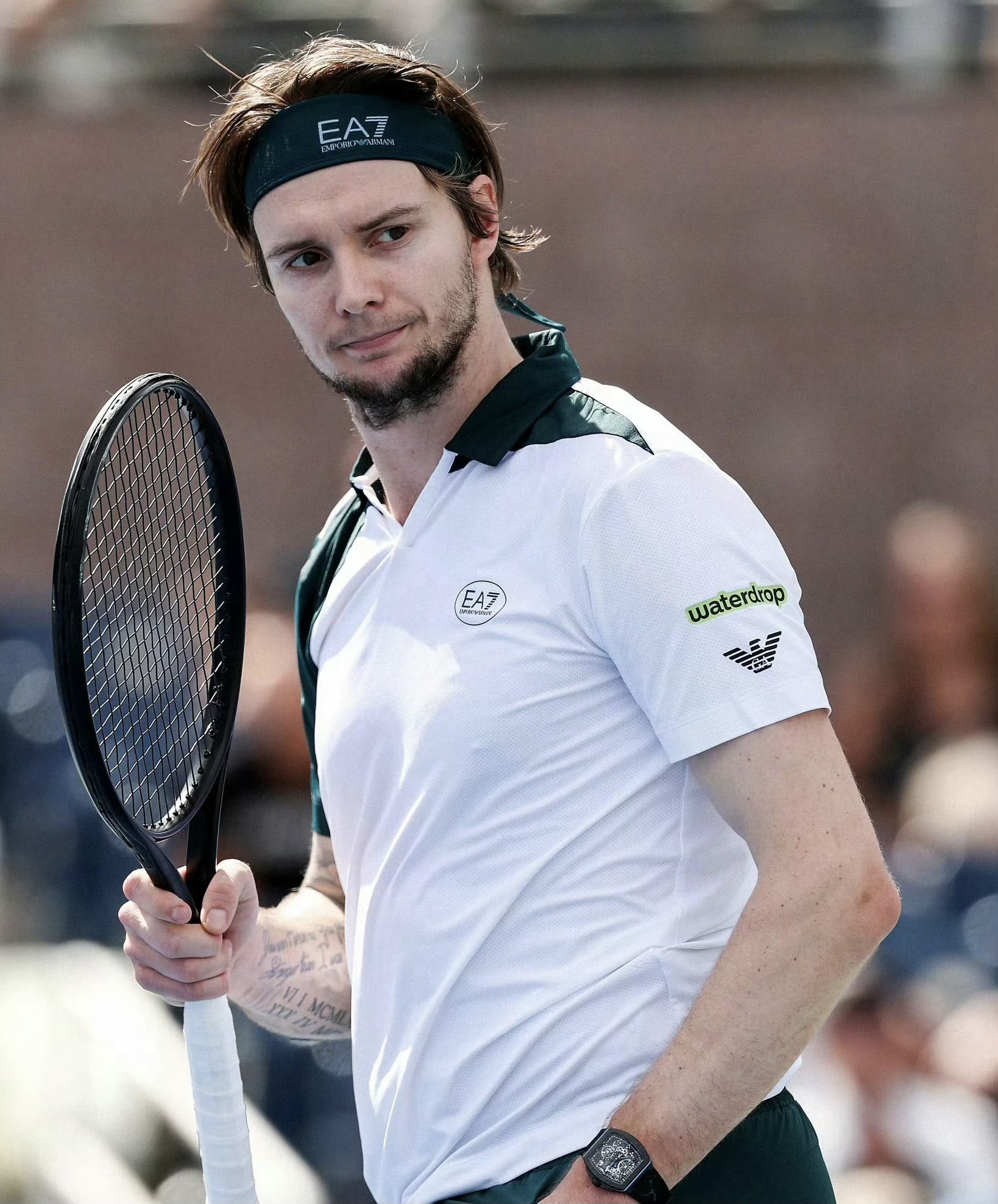
These statements expose the deeply ingrained “singles supremacy” mindset in tennis. Although doubles matches require advanced skills, seamless teamwork, and tactical intelligence, many singles players and some fans view doubles as an inferior form of competition.
This bias exists not only among players but also in tournament organization and media coverage. Among the Grand Slams, only a few doubles matches get center court slots; TV broadcasts focus more on singles; prize money for doubles champions is far lower than for singles winners.
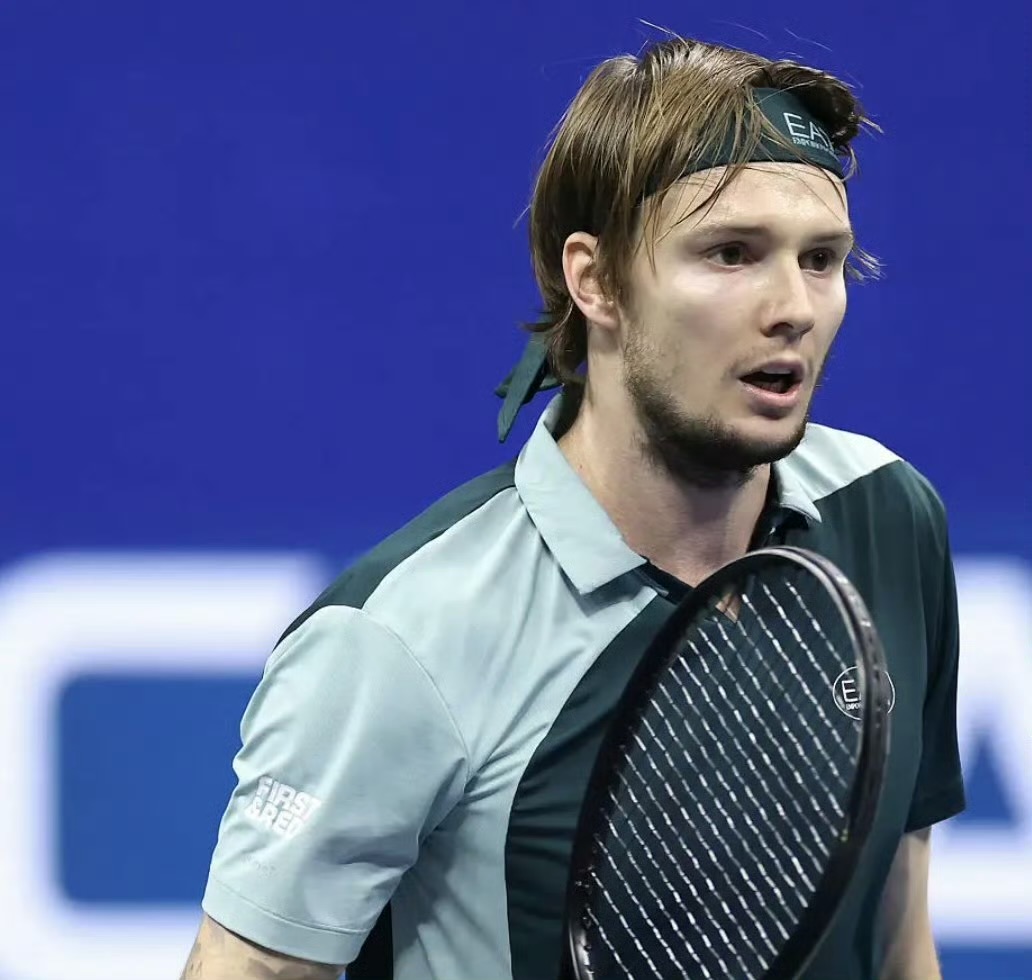
But is doubles really as “easy” as Bublik claims? Tennis history shows many players proving that excelling simultaneously in singles and doubles at the highest level is extremely challenging. Only a few legends like John McEnroe and Martina Navratilova have reached the pinnacle in both disciplines.
Demolinle’s video resonated because it touched on a fundamental issue: respect and professionalism for athletes. Whether focusing on singles or doubles, the dedication and commitment of professional players deserve equal respect.
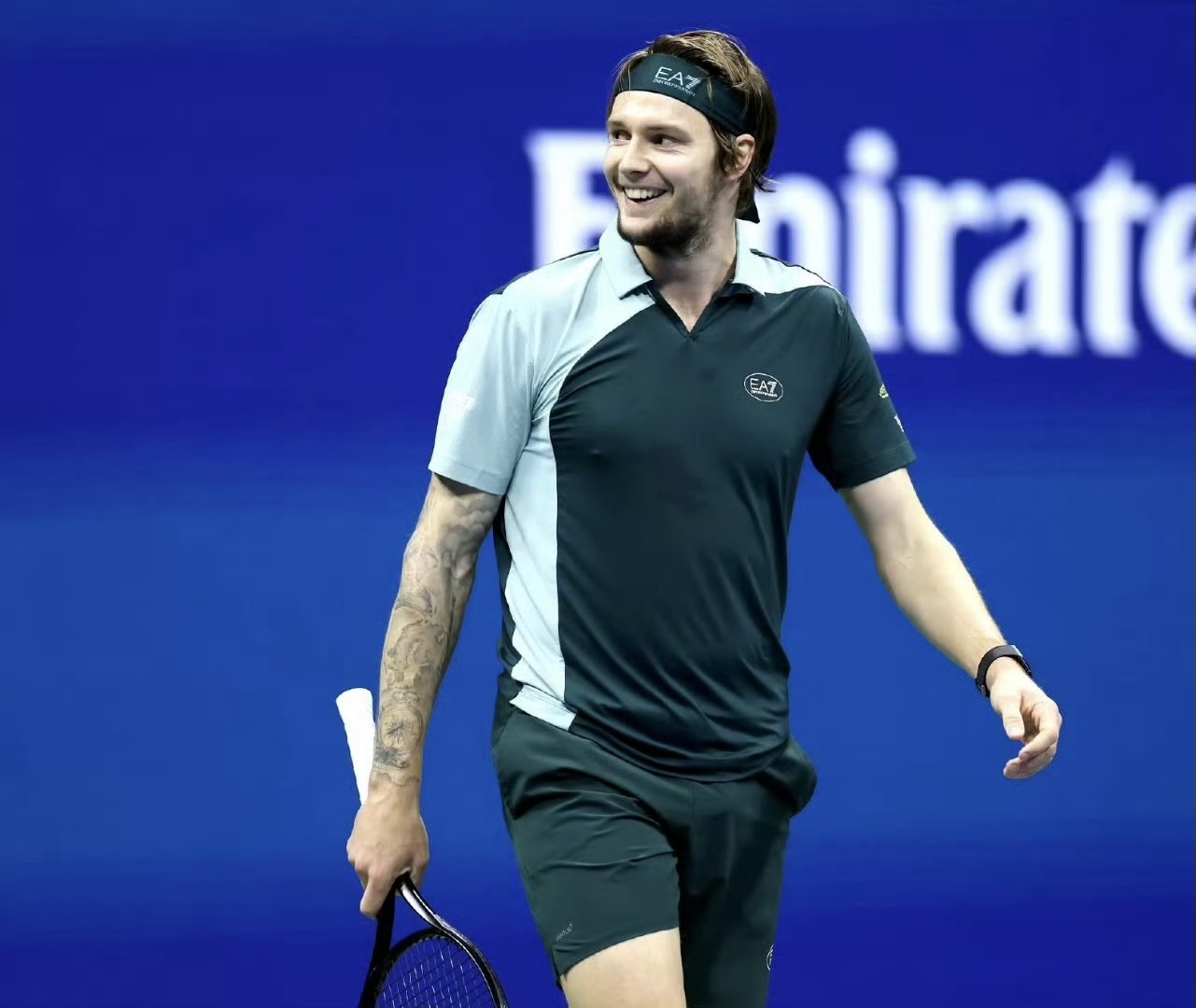
Doubles requires a unique skill set: quicker net reflexes, more precise positioning, and seamless coordination with a partner. These abilities are not innate but developed through extensive specialized training.
“This is about my career, but the other side lacks empathy,” Demolinle expressed the core struggle of doubles players. When singles players condescendingly join doubles without full effort, they damage not only the match outcome but also their partner’s professional future and livelihood.
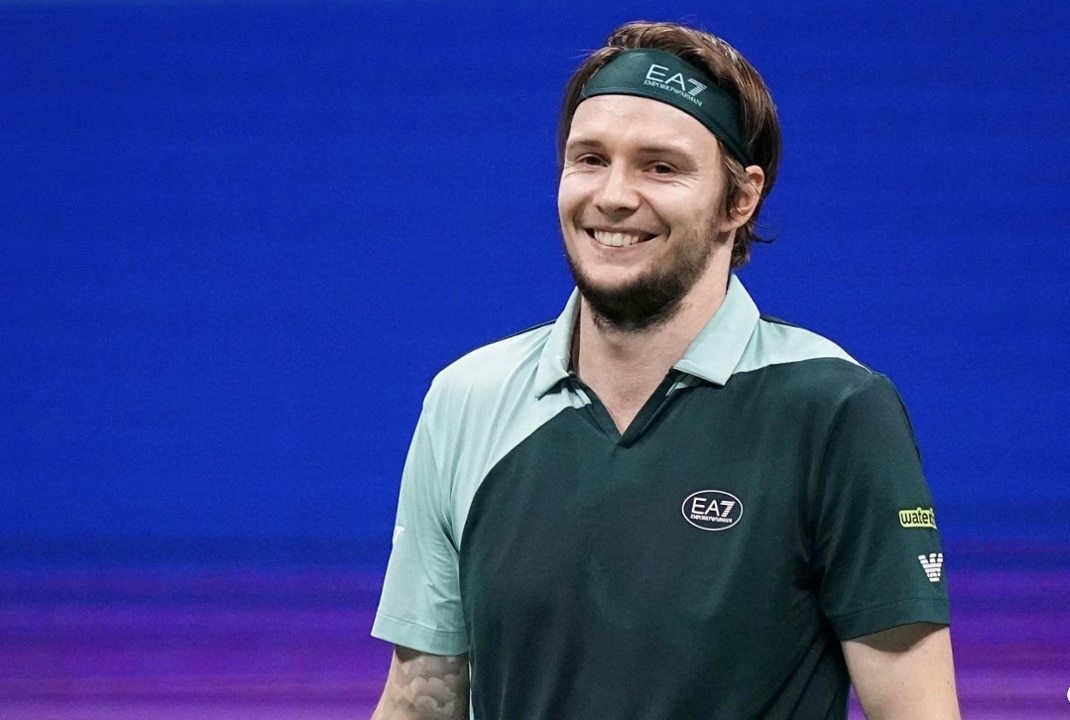
The conflict between Demolinle and Bublik should prompt deeper reflection within the tennis community. In a modern sports environment advocating equality and respect, the professionalism and contributions of doubles players deserve greater recognition.Tournament organizers might consider increasing doubles prize money and providing more center court opportunities; media should balance coverage between singles and doubles; and players need to foster a culture of mutual respect regardless of their chosen focus.
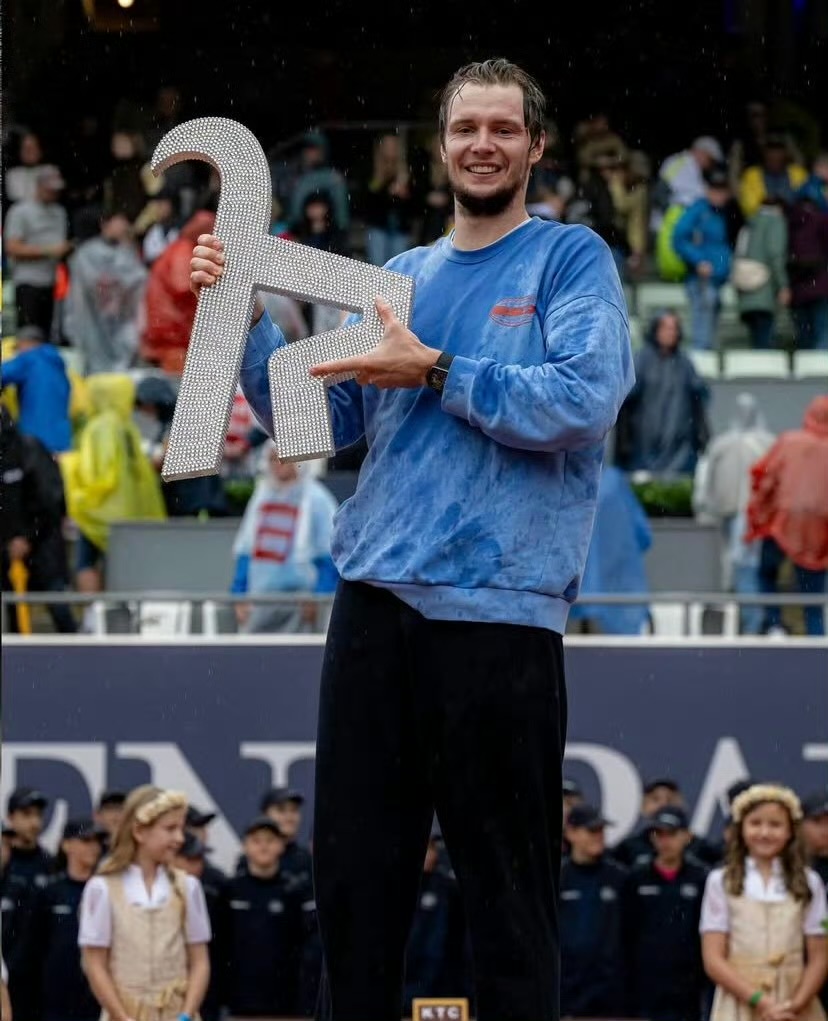
As Demolinle said: “Today was another lesson.” Hopefully, this lesson will not only be absorbed by him but will also spark renewed consideration across tennis about the status and respect owed to doubles players. After all, in a healthy sporting ecosystem, every professional path deserves proper respect, and every athlete’s dedication merits equal acknowledgment.(Source: Tennis Home Author: Mei)







 Links
Links
 Contact
Contact
 App
App


